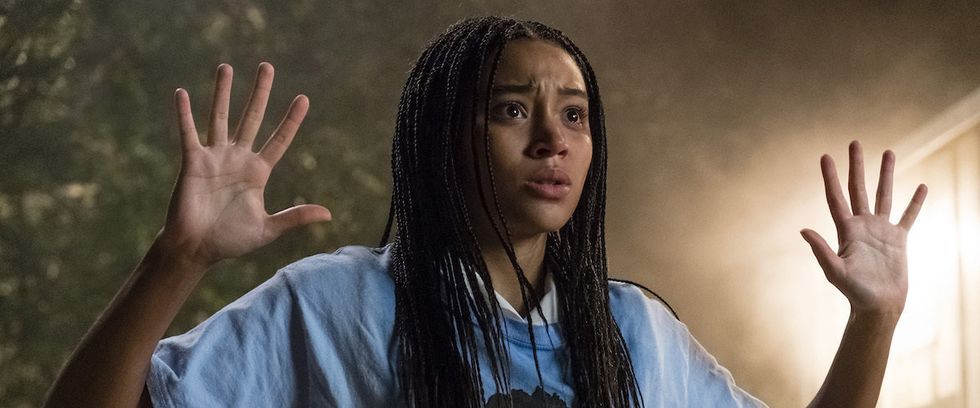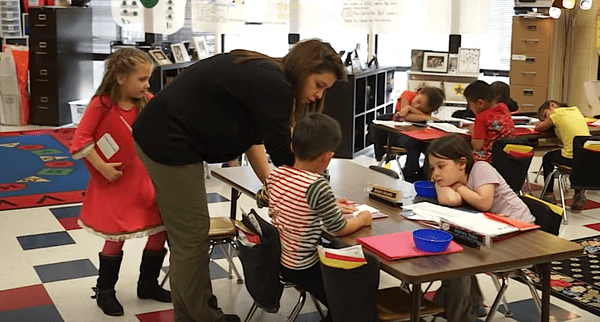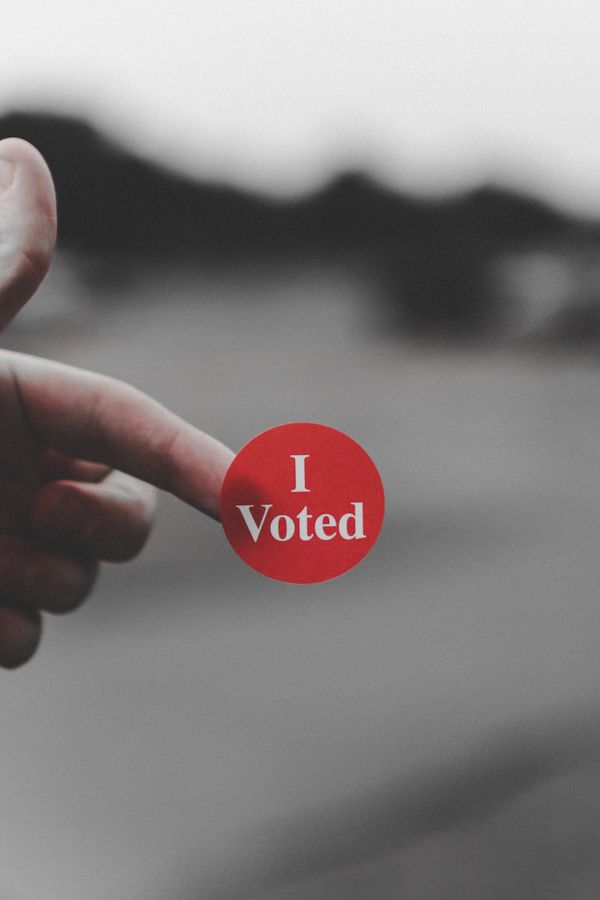I wish I could write nice things about what I've heard on campus about this book. Don't get me wrong, I have heard wonderful things about "The Hate U Give," but why would I write about those?
"The Hate U Give" by Angie Thomas is a New York Times bestseller that's also been made into a film. It is a winner of the Coretta Scott King literary award as well as a Michael L. Printz Award for Excellence in Young Adult Literature award from the American Library Association. John Green, the well-known author of "The Fault in Our Stars," describes the novel as "stunning."
I try to be skeptical about everything.
I don't take what I see on the news at face value.
I try not to have an opinion on police violence stories broadcasted on television because I feel that because I was not there, I should not have a voice in the matter.
While I still hold this mindset after reading "The Hate U Give," I also am even more aware that what we are being shown on TV may not always be as it seems.
Angie Thomas writes from the point of view of Starr Carter, a teen who witnesses the death of her childhood friend, Khalil, who died at the hands of a police officer. Throughout the book, readers are given more and more information regarding Khalil's lifestyle and choices.
The media paints Khalil as a drug dealer and a gang member, while Starr knows that Khalil was actively running from the gangs that he had once been a part of, and he was selling drugs to keep his mom on her feet. Starr loses friends at her private school over the fact that she stands up for Khalil, and she is pressured to say things to authorities that she knows will cause justice to never be brought to Khalil's family and friends.
As I said before, I have heard good things about this book from my peers.
However, I have heard more bad than good.
It amazed me how many people were not moved by the novel. I certainly know that after reading I am even more skeptical of the media. I know that I cannot see from the perspective of a character like Starr Carter in real life, and I will never relate to Angie Thomas. I can only feel sympathy for them, not empathy.
My university is made up of a lot of small-town people, including myself. I don't know why, but I truly thought that 18-year-olds in 2019 surely could not have a racist bone in their body, as I assumed that we all grew up with people of other races in our classes no matter where we were from.
But I was quickly proven wrong when I heard the complaints about our common reading book.
I have heard the novel referred to as "liberal propaganda," that it's pushing an agenda. But I don't think that basic human decency and the necessity to not believe everything shown to you on your screens is any kind of propaganda — just a general rule of thumb that should be followed when approaching violence and discrimination.



















